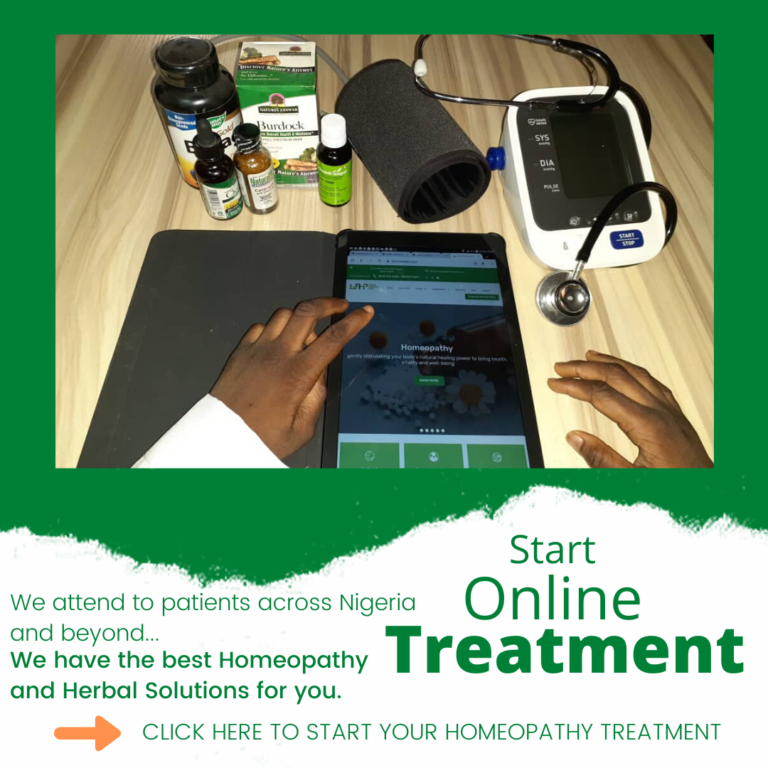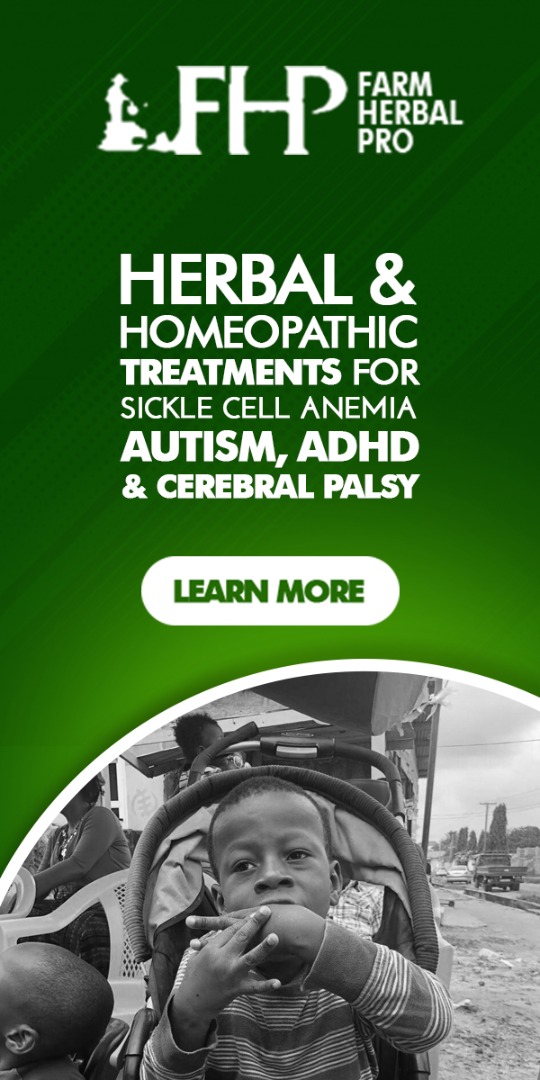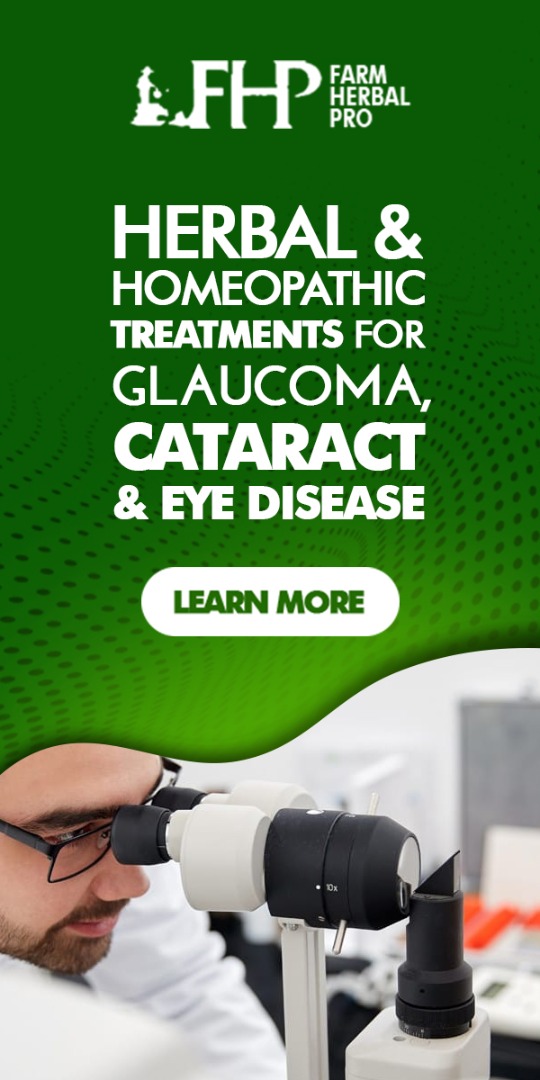Attention deficit/hyperactivity disorder (ADHD) is a neurodevelopmental disorder that can cause a poor or short attention span and/or above-normal levels of hyperactive and impulsive behaviors inappropriate for a child’s age that interferes with functioning or development.
To throw more light to the above definition; ADHD is a brain disorder that is present from birth or develops shortly after birth.
Many ADHD symptoms, such as high activity levels, difficulty remaining still for long periods of time and limited attention spans, are common to young children in general. The difference in children with ADHD is that their hyperactivity and inattention are noticeably greater than expected for their age and cause distress and/or problems functioning at home, at school or with friends.
ADHD occurs more often in males than in females, and behaviors can be different in boys and girls. For example, boys may be more
hyperactive and girls may tend to be quietly inattentive.
Symptoms of ADHD
The primary features of ADHD include inattention and hyperactive-impulsive behaviour. ADHD symptoms start before age 12, and in some children, they’re noticeable as early as 3 years of age. ADHD symptoms can be mild, moderate or severe, and they may continue into adulthood.
Symptoms must be present in two or more situations for example, at home and at school and must interfere with social or academic functioning.
There are three subtypes of ADHD:
- Predominantly inattentive
- Predominantly hyperactive/impulsive
- Combined; this is a mix of inattentive symptoms and hyperactive/impulsive symptoms.
- Inattentive Type –
• Doesn’t pay close attention to details or makes careless mistakes in school or job tasks.
• Has problems staying focused on tasks or activities, such as during lectures, conversations or long reading.
• Does not seem to listen when spoken to (i.e., seems to be elsewhere).
• Does not follow through on instructions and doesn’t complete schoolwork, chores or job duties (may start tasks but quickly loses focus).
• Has problems organizing tasks and work (for instance, does not manage time well; has messy, disorganized work; misses deadlines).
• Avoids or dislikes tasks that require sustained mental effort, such as preparing reports and completing forms.
• Often loses things needed for tasks or daily life, such as school papers, books, keys, wallet, cell phone and eyeglasses.
• Is easily distracted.
• Forgets daily tasks, such as doing chores and running errands. Older teens and adults may forget to return phone calls, pay bills and keep appointments.
- Hyperactive/impulsive Type –
• Fidgets with or taps hands or feet, or squirms in seat.
• Not able to stay seated (in classroom, workplace).
• Runs about or climbs where it is inappropriate.
• Unable to play or do leisure activities quietly.
• Always “on the go,” as if driven by a motor.
• Talks too much.
• Blurts out an answer before a question has been finished (for instance may finish people’s sentences, can’t wait to speak in conversations).
• Has difficulty waiting his or her turn, such as while waiting in line.
• Interrupts or intrudes on others (for instance, cuts into conversations, games or activities, or starts using other people’s things without permission). Older teens and adults may take over what others are doing.
Some people who have ADHD may have other conditions as well. These could include learning disabilities, anxiety, depression, oppositional defiant disorder (ODD), bipolar disorder, and Tourette syndrome.
ADHD in Adults
Most of what we hear about ADHD is how it affects children. Not as much is known about the way ADHD affects adults. This disorder starts during childhood, and in some caes, it may not be recognized until adolescence or adulthood. Adults who have ADHD often are diagnosed when they find out their children have ADHD. For adults to be diagnosed, they must have developed symptoms prior to age 12.
Many sufferers of this condition continue to have symptoms during adulthood.
In adults, symptoms include:
• Difficulty concentrating
• Difficulty completing tasks (poor executive skills)
• Restlessness
• Mood swings
• Impatience
• Difficulty in maintaining relationships
It worth mentioning that ADHD can be more difficult to diagnose during adulthood. Symptoms may be similar to those of mental disorders, including mood disorders and anxiety disorder. Adults who abuse alcohol and recreational drugs may also have similar symptoms.
Causes of ADHD
Research indicates that ADHD likely involves abnormalities in neurotransmitters (substances that transmit nerve impulses within the brain). ADHD has no known single specific cause, but genetic (inherited) factors are often present.
Some other risk factors include:
• Low birth weight (under 1.5kg).
• Head injury, brain infection, iron deficiency.
• Obstructive sleep apnea.
• Lead exposure, as well as exposure to alcohol, tobacco, or cocaine before birth.
• Blood relatives, such as a parent or sibling, with ADHD or another mental health disorder.
Some people have raised concerns about whether food additives and sugar may cause ADHD. Although some children seem to become overactive or impulsive after eating foods containing sugar, studies have confirmed that ADHD is present at birth and that food and environmental factors do not cause the disorder.
Homeopathic Treatment of ADHD
To deal with ADHD in homeopathy, you will need to find a good homeopath who works classically, i.e., who does not prescribe many medicines at the same time.
Also, you need to get conversant with the knowledge of using homeopathic medicines to treat ADHD. Unlike conventional medicine, homeopathy seeks to treat each child as an individual. Each child is assessed as the unique person they are. The homeopathic medicine must reflect everything about the child. A detailed history is fundamental to the correct choice of medicine. The homeopath will ask about the health of the child and the family, the pregnancy and delivery, early development, vaccinations, life events, schooling, favourite foods, drinks to mention just a few points. The more information gathered, the easier it is to find that tailor-made remedy.
Homeopathy considers every factor, from the genetic component to specific possible causes. The aim of treatment is to stimulate healing at the deepest level, and to allow a gentle return to health. Ritalin and related drugs used in conventional medicine act by suppressing the symptoms. One common complaint is that the children feel and act doped-up, and they lose the good side of their hyperactivity. There is a positive side, which we aim to retain with homeopathy. It is as important to nurture the creative spirit, the imagination, the energy, and the curiosity that these children often show as it is to remove the unacceptable behaviour patterns. So many of these children have wonderful gifts. Homeopathic treatment balances these qualities, so that the child can fulfil his or her true potential.
Ritalin does not allow that to happen. Being a chemical drug, it is subject to many side effects. Many children experience headaches, stomach aches, high blood pressure, drowsiness and blurred vision. It has to be taken every four hours, and when the drug is wearing off the children often become even more unmanageable. The Food and Drug Administration has shown that in animal studies Ritalin causes liver cancer. For all these reasons, I feel it is well worth taking time to explore other possibilities, like homeopathy.
Homeopathy provides a natural, safe and effective method of treating both neurodevelopmental and behavioural problems in both adults and children.
The change brought about by these homeopathic medicines in treating ADHD can be dramatic and brings benefit to the child, parents, family, school and social groups. It is expected that improvement will be gradual, and substantial improvements should be visible within a period of 3 months. The treatment may continue for many years, so you will need some patience.
Many cases of ADHD respond very well to homeopathic treatment, so definitely there is hope for your child.
For treatment of ADHD, contact the Homeopath Oluwafunmise on 08028366901 or 08183554665.




